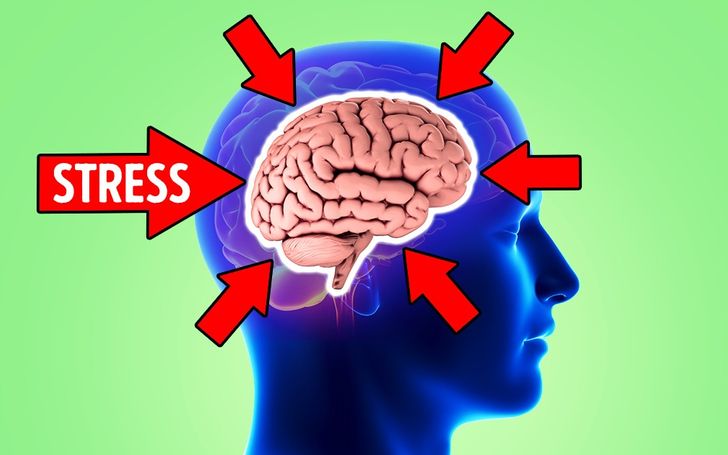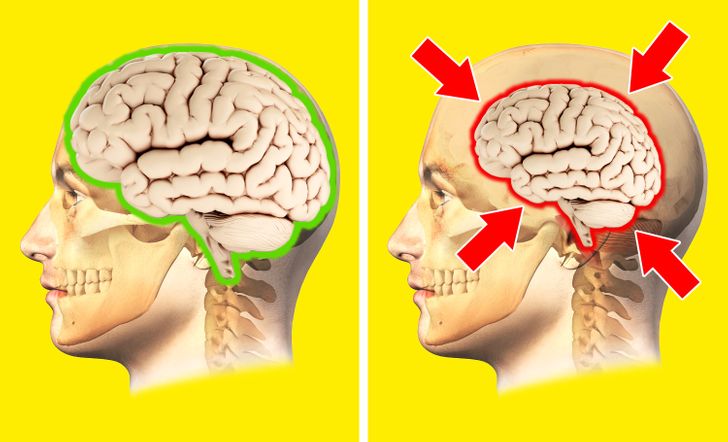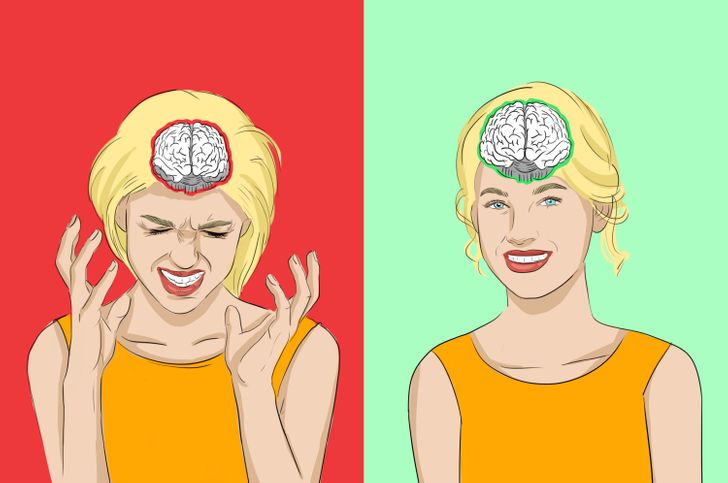“What doesn’t kill you makes you stronger” is meant to motivate you, but when it comes to the effects of stress on your brain, this is not at all true. You may not buckle under the strain, but it can literally make you weaker. Your health is in danger to the point that even your brain can shrink if you are stressed out most of the time. But all is not lost, because you still can prevent stress from taking over your body.
Bhaskar Health digs into the ways that stress can crumple your brain into a smaller size if you let it and what you can do to take control of it.
Stress is a friend and an enemy.
Stress is not all bad. It is actually important for us, for example, when we need that extra focus and energy to help us when we are in a competition or speaking in public. But when it is excessive, like when you are overworked or having a big fight, it can really change your brain in a horrible way. Always being stressed can result in headaches, an upset stomach, high blood pressure, chest pain, and insomnia.
Too much stress can make your brain smaller.
A 2018 study published in the journal Neurology showed that those with high stress levels did worse on memory tests and their brains became smaller than those with lower stress levels. This brain shrinkage affects the part of the brain that is responsible for memory and learning, so the more chronic your stress is, the more likely you are to have an impaired memory and find it difficult to learn new things.
These kind of effects can be linked to a higher risk of dementia 10 to 20 years later, said Dr. Sudha Seshadri, one of the study’s authors. It could also lead to serious mental problems like depression.
But you can keep your stress level in check.
Move your body. Regular aerobic exercise can improve memory function and maintain brain health as we age, a Australian-led study has found. Working out will release endorphins, the chemical that gives you a positive feeling in the body.
Get enough sleep. The body heals and is restored when you are asleep. If you miss some hours of shut-eye, your health risks increase and this can contribute to stress.
Watch what you eat. Eating well can affect your mood and even out your stress levels. Having regular meals that are healthy and reducing your caffeine intake can also help reduce stress.
Be around your loved ones. Having a good support system is always helpful in fighting against stress. Socializing with friends and family produces the “feel good” hormone called oxytocin that can reduce anxiety.
Take a break. Take a yoga or meditation class, get a massage, or take a short getaway to help you relax and have some time for yourself. Taking some time away from the bustle of your daily life can give you the peace of mind that you need.
Some say stress is not to blame.
Although the findings are profound, Dr. Sudha Seshadri cautioned that while there seems to be a link between stress and the shrinking of the brain, it might not be the case that stress actually causes the brain to shrink. The study used cortisol levels to measure stress levels because the brain produces cortisol when we are stressed.
However, cortisol could be produced by inflammation as well, said Bruce McEwen, a neuroscientist at The Rockefeller University in New York, who was not involved in the research. So the cortisol levels in the study might not be 100% caused by stress.
Did this study make you think about how stressed you are at the moment? Do you think you maintain a healthy level of stress?










0Comments